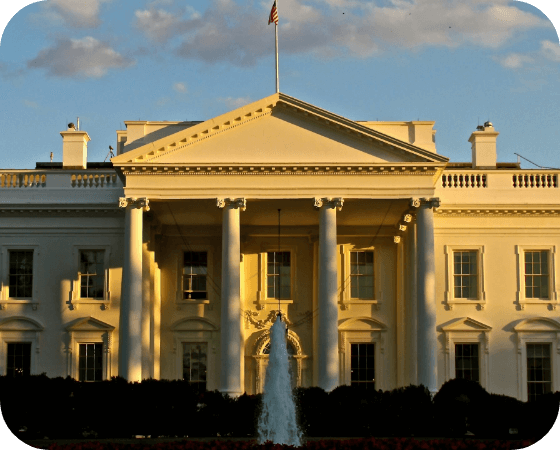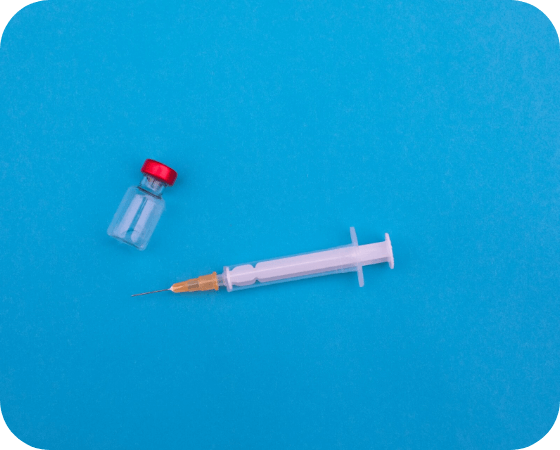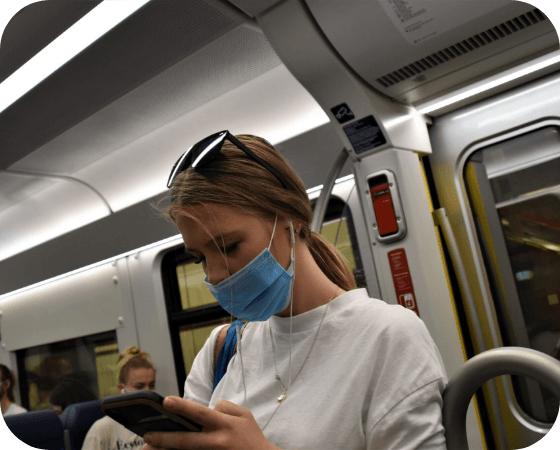White House: Kids under 5 Could Get Vaccinated as Soon as June 21
COVID-19 vaccinations for children under age five could start as soon as June 21, said White House COVID-19 Response Coordinator Ashish Jha on Thursday. The Food and Drug Administration (FDA) is likely to approve Moderna and Pfizer’s vaccines for young kids after the agency’s vaccine advisory committee meeting on June 15, with the Centers for Disease Control and Prevention (CDC) issuing its recommendation shortly thereafter. Jha said the administration will initially make 10 million doses of Pfizer and Moderna vaccines available to the states, and while the vaccination program is expected to take some time to ramp up, Jha expects that every parent should be able to schedule an appointment within weeks of approval. According to an April 2022 poll from the Kaiser Family Foundation (KFF), 18% of parents say they will get their children under five vaccinated as soon vaccines become available, while 38% said they would “wait and see” before deciding.
CMS to Lower Part B Premiums in 2023
The Centers for Medicare and Medicaid Services (CMS) announced last Friday that seniors can expect lower Medicare Part B premiums for 2023. The announcement follows a recent review of Part B premiums that determined CMS had overestimated the cost of Aduhelm, an expensive Alzheimer’s drug, in calculating its 2022 premiums. In November 2021, CMS announced a 14% increase in Part B premiums – one of the highest ever increases – from $148.50 a month to $170.10. However, Biogen made the surprise decision to lower its list price for Aduhelm in December 2021, setting the stage for CMS to subsequently review how the agency was pricing the Alzheimer’s drug. CMS ultimately determined to lower Part B premiums in 2023 because it would have been too difficult to lower premiums or reimburse seniors mid-year.
Senate HELP Committee to Mark Up FDA User Fee Bill on July 8
The Senate Health, Education, Labor, and Pensions (HELP) Committee scheduled a markup for its bipartisan FDA user fee bill on June 8. Initially released on May 27, the HELP Committee’s user fee bill includes several provisions that would improve the FDA’s oversight of cosmetics and dietary supplements, enhance regulation of laboratory-developed tests (LDTs), and reform the agency’s accelerated approval pathway. The House Energy and Commerce Committee advanced its own FDA user fee reauthorization measure on May 18. While the House bill has many commonalities with the Senate bill like changes to the accelerated approval pathway, it lacks the Senate bill’s provisions on LDTs and cosmetics and dietary supplements.
Medicare Trustees Report Shows Slightly Improved Outlook
According to the Social Security and Medicare Board of Trustees report released on Thursday, the Hospital Insurance (HI) Trust Fund for inpatient care will be unable to pay full benefits starting in 2028, two years later than reported last year. However, the trustees warned that the HI Trust Fund still faces long-term financing shortfalls, thus necessitating “significant changes” to Medicare financing. The trustees also concluded that the COVID-19 pandemic will not have any long-term effect on Medicare spending. If the HI Trust Fund does become insolvent, the report projects that the program would be able to pay 90% of expected costs in 2028.
ICYMI: DC Gets Ready to Celebrate the Queen’s Platinum Jubilee
This month, Queen Elizabeth II is celebrating her platinum jubilee, which marks her 70th year on the throne as head of state of the United Kingdom. Over the next few days, people in the Washington, DC area will have opportunities to join the British people in celebrating Her Majesty’s historic milestone. Aside from an invite-only party hosted by the British embassy, the Fairmont in Georgetown will host a jubilee celebration on June 8, and the British Officers Club of Washington, DC will host a garden party with food and games at Lloyd House in Alexandria on June 18. Meanwhile, numerous British pubs and restaurants like The Queen Vic and Brixton DC will host their own events throughout the upcoming weekend.





